Subscribe for Access
... and it’s not even well-defined yet.
In October of 2022, I was laid off for the first time in my professional career. It was a bit surreal, but it led to a lot of interesting conversations and opportunities.
Changing jobs is almost a past-time for many of us working in software. It’s how we level up. We invest 1-4 years, take on some interesting projects, and then have to leave to get promotions, new challenges, better pay, and occasionally a moonshot on an early stage run at big wins via IPO or acquisition.
The process has taught me a lot about how to network effectively, find new opportunities, and research a company in preparation for conversations. Invariably, I get frustrated at a single point.
Searching the company across multiple websites to glean insights and prepare for calls.
First, there’s the company domain.
Review the site, and learn what you can with a particular focus on the job description. Glean truth through the marketing BS about their values, watch out for buzzwords like ’family’ and ’superstars’, and see what you can see.
Then there is a myriad of sites for more details.
- Company reviews and details on sites like Glassdoor, Comparably, LinkedIn Insights, and The Org.
- Product reviews on G2, Capterra, Trust Radius, and Gartner.
- Funding details over at Crunchbase.
As you can imagine, that’s a lot of searching, and there’s definitely more. It absolutely drove me nuts. It still does because company research has a lot of applications.
I keep asking myself one question: why does this have to be so challenging?
Building a solution
Months had gone by with this idea in the back of my mind. Getting others engaged was hard because my budget is basically zero, and it seems people often like to be paid for their work (psh.. yeah... right.... ). The idea is simple: take a company and get the links for me to relevant sites. Save me a bit of effort.
Enter ChatGPT.
Three weeks ago, on March 23, to be precise, I sat down with a beer at a local coffee shop (yes... fresh draft beer at a coffee shop...) and a couple of hours of uninterrupted effort with ChatGPT to see what I could do about solving my problem. Two hours later — with no more than a few limited historical attempts to edit breaks and headers in HTML — I had a base script returning results.
It only cost me a $3 happy-hour local draft beer and two hours of focused effort.
Today, after a variety of iterations and some great feedback from willing test subjects, I have OSCARTech. OSCAR isn’t perfect yet, of course. He’s a bit cantankerous with results, depending on the company branding and domain, but he’s generally useful and doesn’t seem to mind pitching it. He also only exists because of AI.
When you go check it out, it’ll feel like a neat trick, and maybe you’ll bookmark the site to try again later when you ’need it.’ I think that would, as my son might say, freaking amazing. Go ahead and check it out...I can wait.
Connecting the dots
So what does this have to do with Partner Experience?
Bear with me. We’ll get there. For now, just realize....
AI enabled me to build an MVP solution without any of the technical background that would commonly slow me down.
ChatGPT helped me take an idea from ideation to delivery in three weeks for roughly $3 in monthly operating cost (Domain + Website Builder). I’m not even on the Pro account (but I probably will be soon).
AI is everywhere right now. No effort to slow it down will stop it. The impact it will have on "white collar" professionals will vastly exceed even the introduction of the PC to the business setting. It’s a disruption unlike anything we’ve ever seen for working professionals... and at the same time, it’s part of the repeating cycle of disruption we’ve come to appreciate in the software industry.
Partner Tech is far from excluded from this disruption.
In fact, it’s ripe for innovation as more and more platforms fight for competitive advantages to solve the ever-present problem of "How do we collaborate with Partners in efficient, effective ways?"
PRM is a hot topic
This month I’ll get to participate in not one, but two different panels on Partnerships and PRM technology. I’m giddy. There are some really fantastic people participating and some really interesting technology on the table.
Industry leaders are talking about PRM more than ever in my feed (which is, admittedly, a bit of an echo chamber for Partnerships and Partner Tech right now). The number of players in the market for this space is also growing because legacy platforms are struggling to keep up with the demand for new partner models, specifically those around Tech and Alliance Partnerships.
There’s a whole history here that’s really fascinating and is likely answered by people with more experience than me. Suffice it to say the general theme of comments is that engagement and utilization hasn’t improved much since their original inception.
I made this post a few weeks ago...
here!







%20(1).jpg)
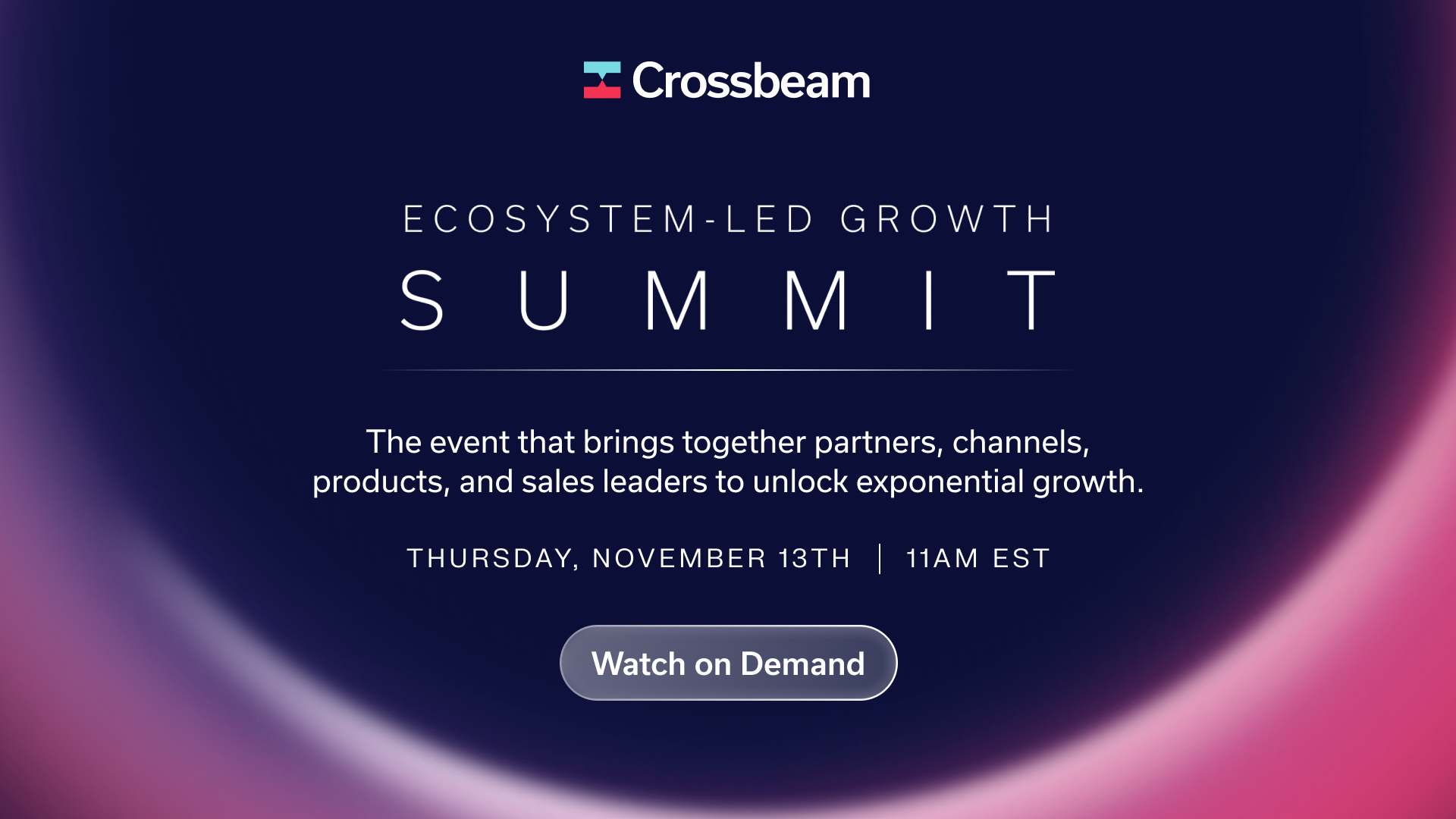

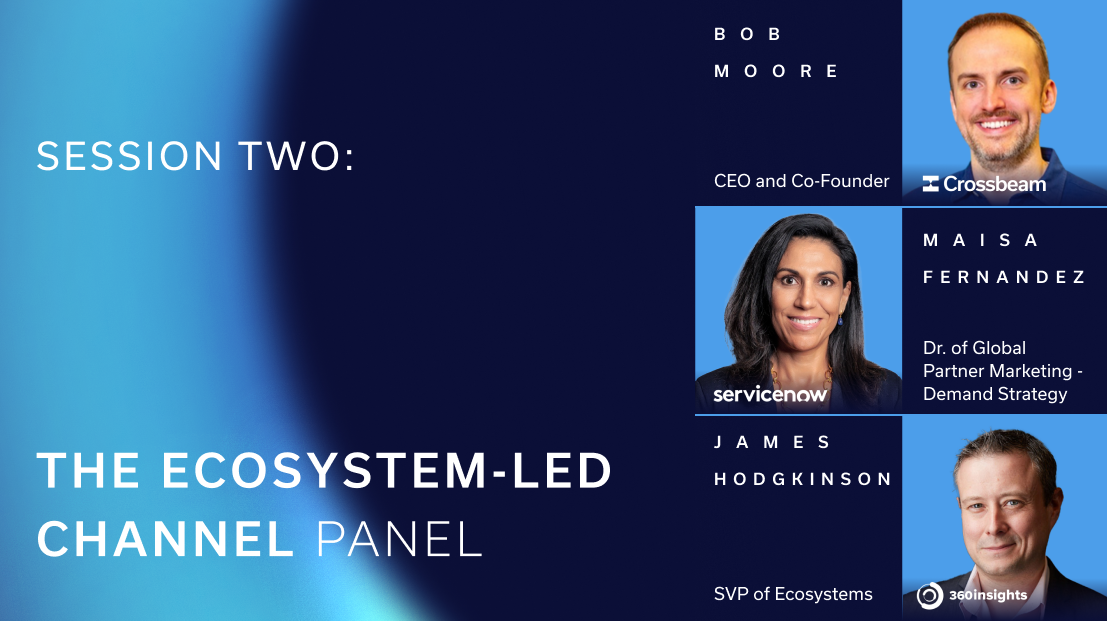



.png)
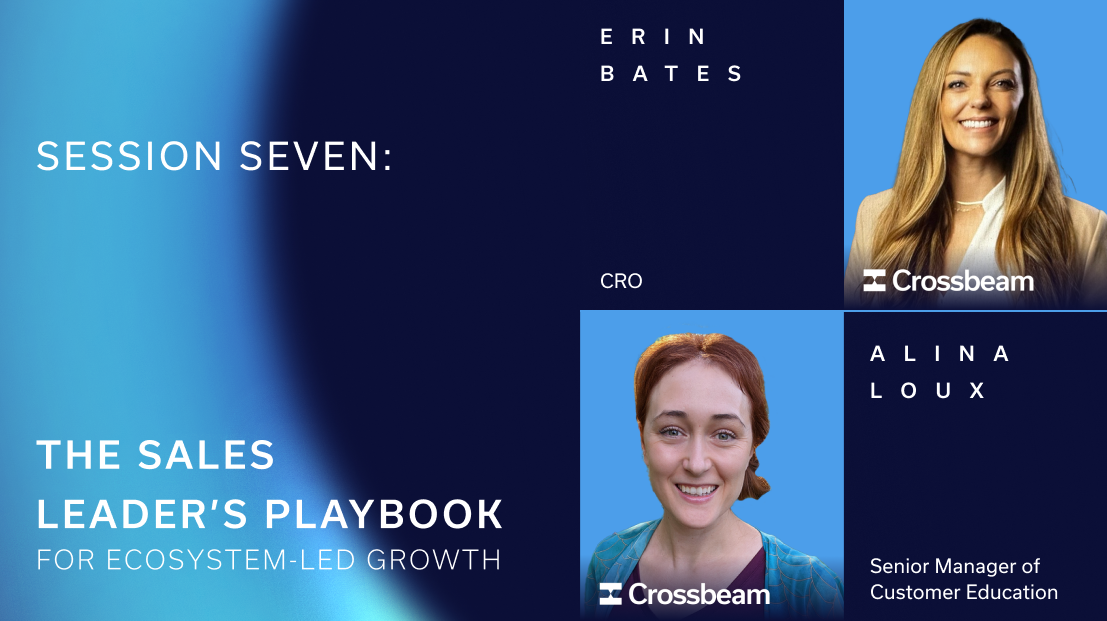














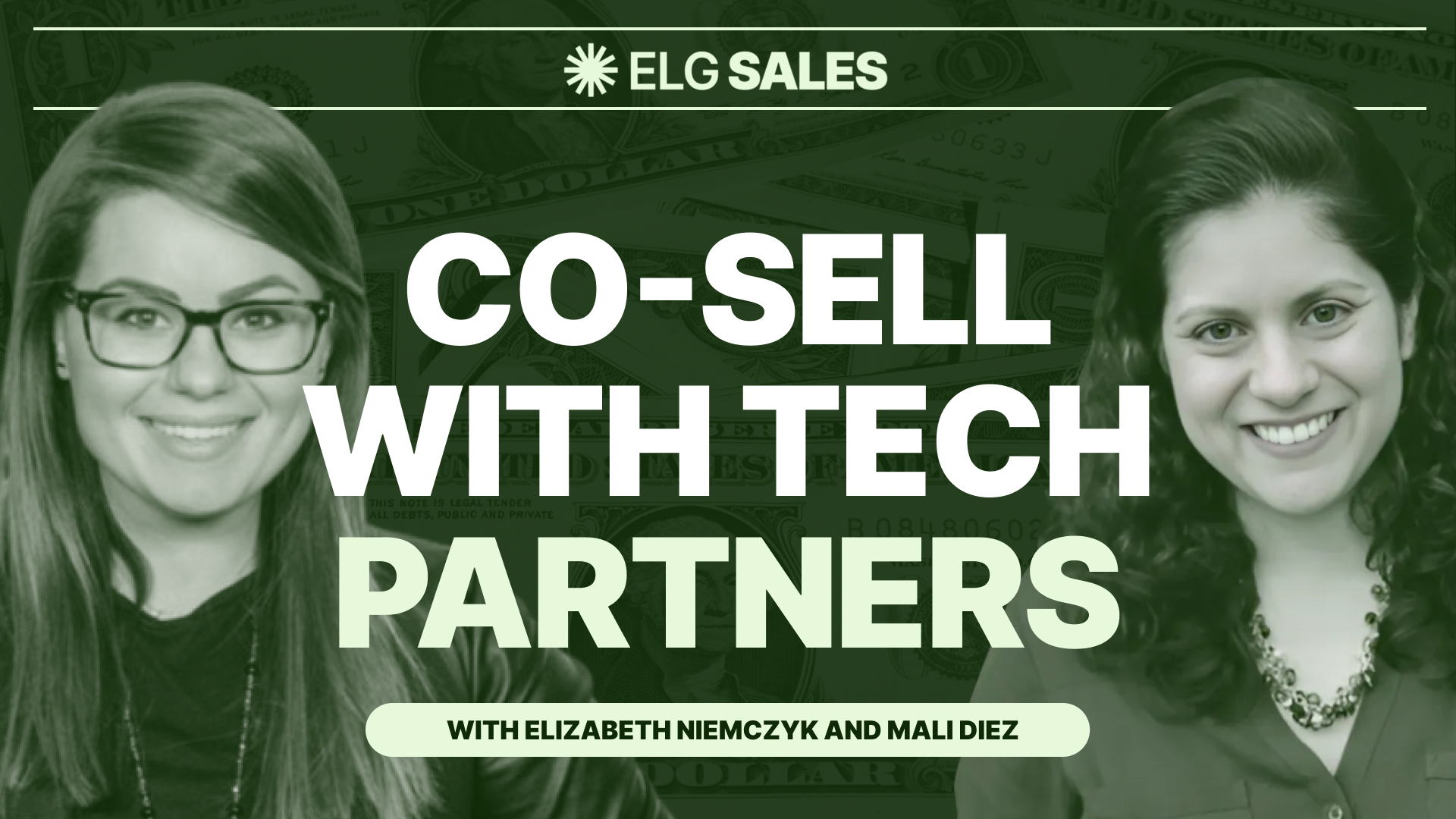

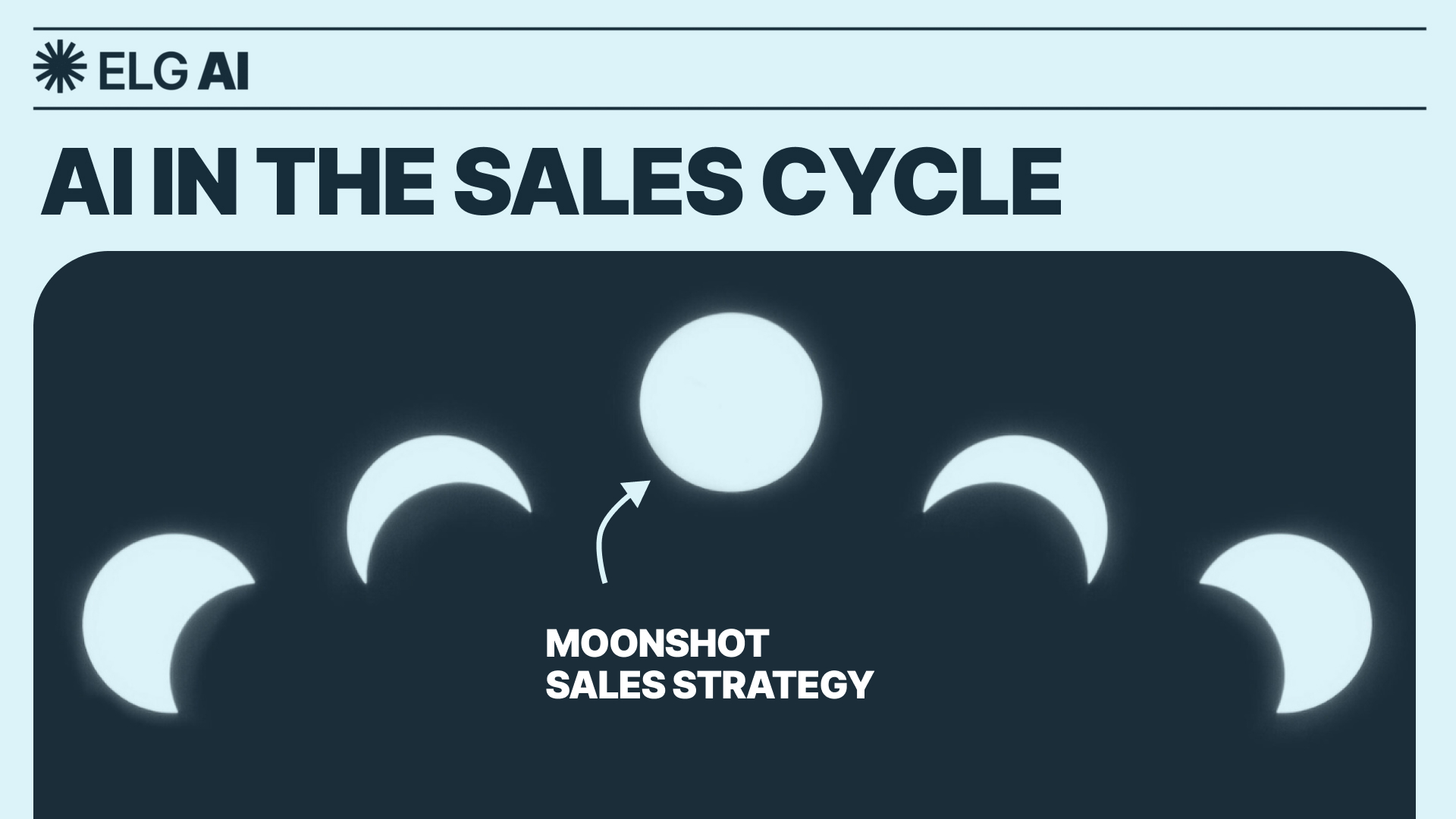

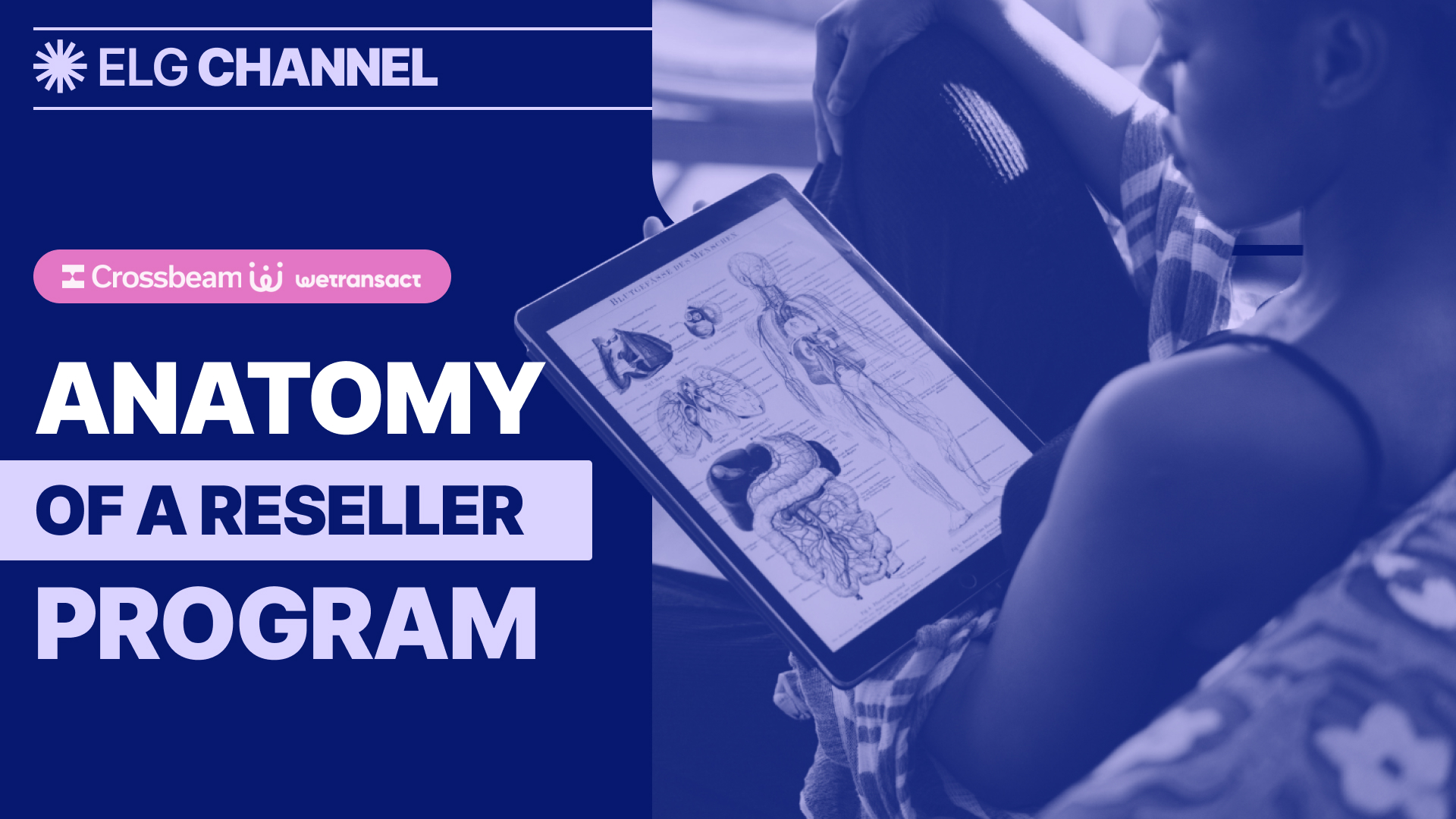








.jpg)




.png)



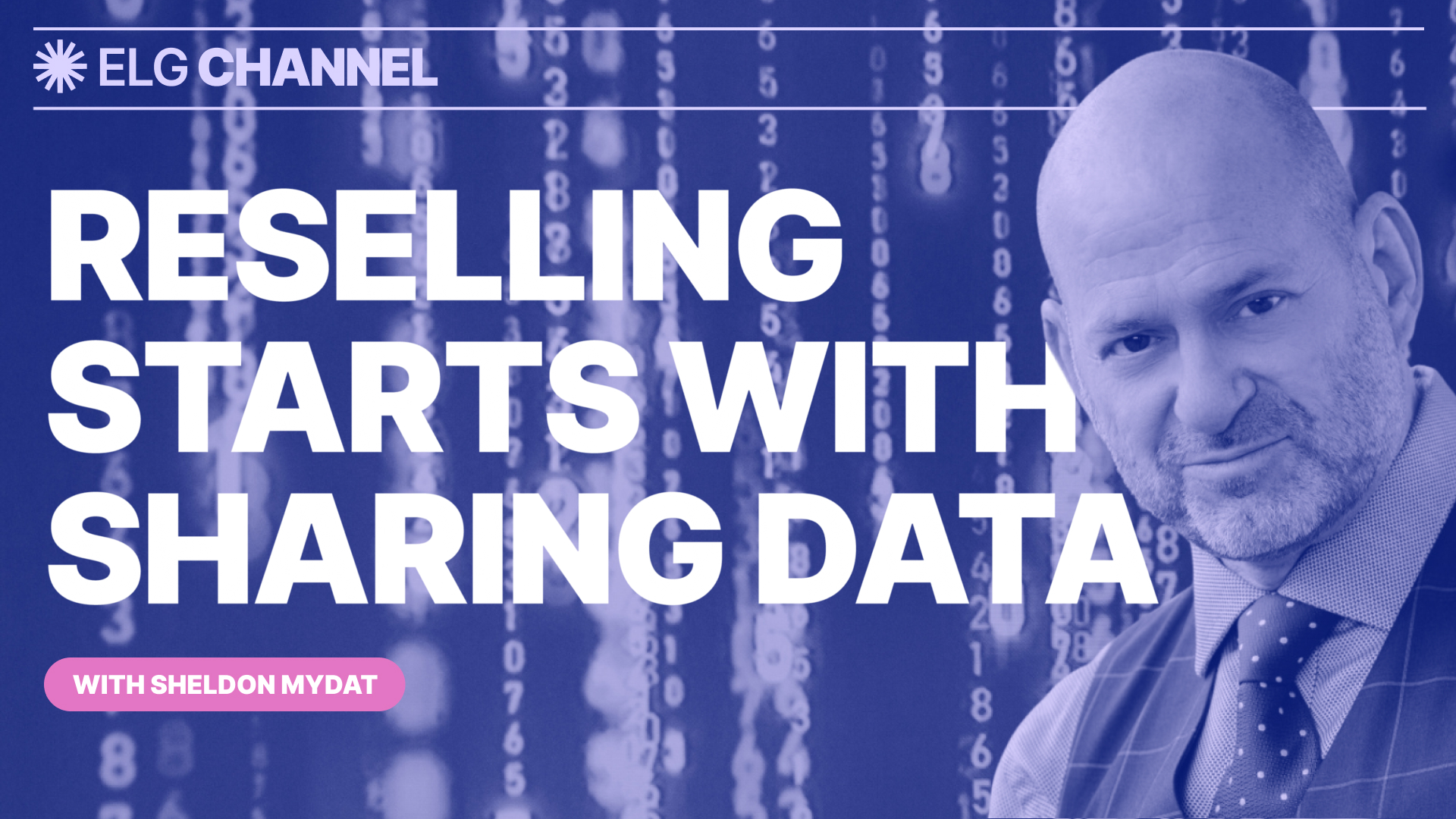


.jpg)





.jpg)

.webp)


















.webp)













